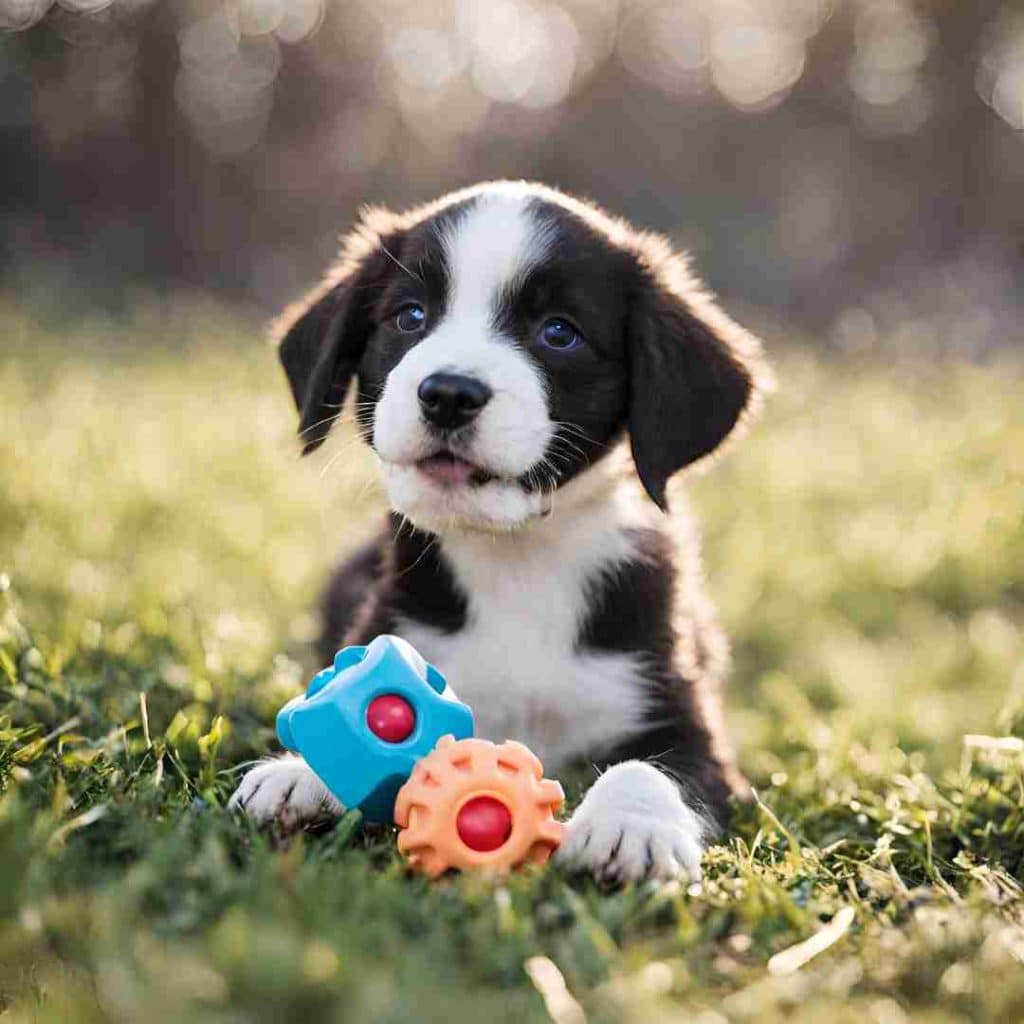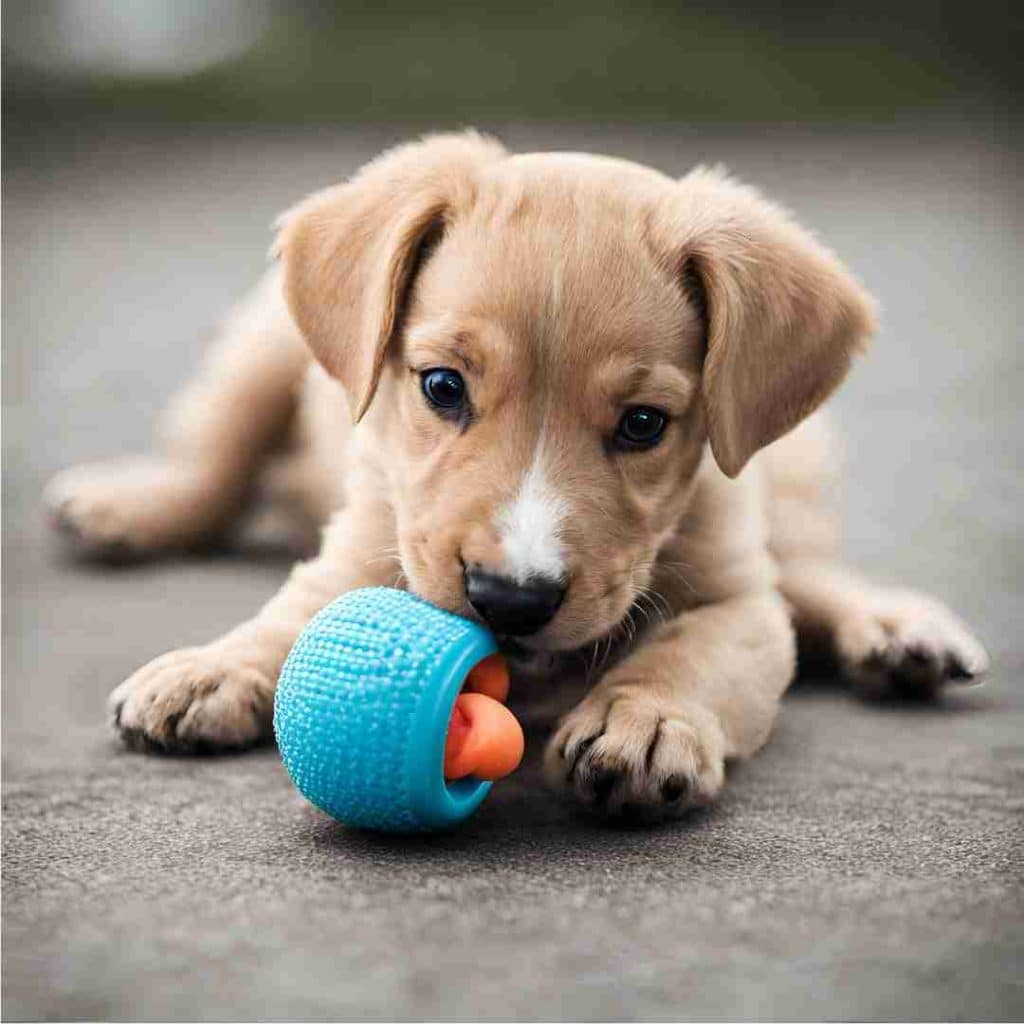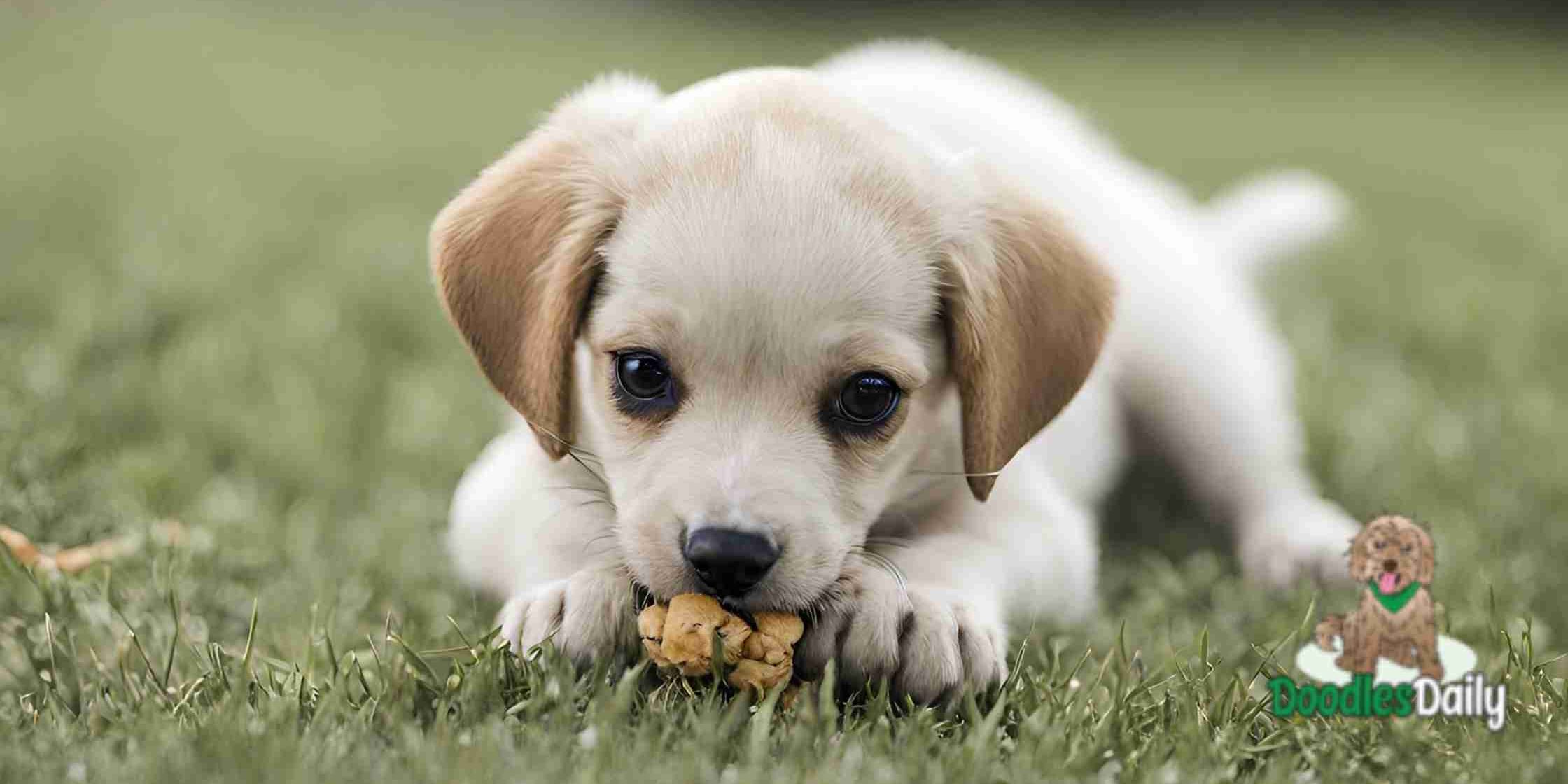As a new puppy owner, you may have noticed that your dog has a tendency to chew on everything in sight. From shoes to furniture to even your hands, puppies seem to have an insatiable urge to gnaw on anything they can get their teeth on. While this behavior is completely normal, it can become frustrating and even destructive if left unchecked. Understanding when puppies stop chewing can help you manage this behavior and prevent any potential problems.
When it comes to puppy chewing, it’s important to remember that this behavior is a natural part of their development. Puppies explore the world around them with their mouths, and chewing helps to alleviate the discomfort of teething. However, as a responsible pet owner, it’s important to teach your puppy what is appropriate to chew on and what is not. This will help prevent any damage to your home and keep your furry friend safe from potential hazards.
So, when do puppies stop chewing? While every puppy is different, most puppies will stop teething and chewing on everything in sight by the time they are six to eight months old. However, it’s important to note that some dogs may continue to chew on things throughout their lives, especially if they are bored or anxious. By understanding your puppy’s chewing behavior and taking steps to manage it, you can help ensure a happy and healthy life for your furry friend.
Key Takeaways
- Puppy chewing is a natural behavior that helps them explore the world around them and alleviate the discomfort of teething.
- Puppies typically stop teething and chewing on everything in sight by the time they are six to eight months old.
- However, some dogs may continue to chew throughout their lives, and it’s important to manage this behavior to prevent any potential problems.

Understanding Puppy Chewing
As a new puppy owner, you may be wondering why your furry friend is constantly chewing on anything and everything they can get their paws on. Understanding puppy chewing behavior is important in order to help your puppy develop good habits and prevent destructive behavior.
Puppy Development Stages
Puppies go through several developmental stages as they grow and mature. These stages include the neonatal period, transition period, socialization period, and juvenile period. During the socialization period, which typically occurs between 3 and 14 weeks of age, puppies begin to explore their environment and learn about the world around them. It is during this time that they may begin to develop chewing habits.
The Significance of the Teething Phase
One of the most significant phases in puppy development is the teething phase. During this phase, which typically occurs between 3 and 7 months of age, puppies begin to lose their baby teeth and their adult teeth start to come in. This process can be uncomfortable and painful for puppies, and chewing can help to alleviate their discomfort.
Puppy Chewing
Puppy chewing is a natural behavior that serves several purposes. Chewing helps to relieve teething pain, strengthen jaw muscles, and clean teeth. However, if not properly managed, puppy chewing can also lead to destructive behavior and damage to your belongings.
To prevent destructive chewing behavior, it is important to provide your puppy with appropriate chew toys and bones. You can also discourage inappropriate chewing by redirecting your puppy’s attention to an appropriate chew toy whenever they begin to chew on something they shouldn’t.
In summary, understanding puppy chewing behavior is an important part of puppy ownership. By providing appropriate chew toys and bones and redirecting inappropriate chewing behavior, you can help your puppy develop good habits and prevent destructive behavior.
Managing Puppy Chewing
Puppy chewing is a natural behavior, but it can be frustrating and destructive if not managed properly. Fortunately, there are several techniques and tools you can use to help manage your puppy’s chewing.

Training and Techniques
Training and redirecting your puppy’s chewing behavior is an important step in managing their chewing. When you catch your puppy chewing on something they shouldn’t, calmly redirect their attention to an appropriate chew toy or object. Use positive reinforcement and praise when they chew on the appropriate item.
Crate training can also be an effective way to manage your puppy’s chewing behavior. When you can’t supervise your puppy, place them in a crate with appropriate chew toys and objects. This will prevent them from chewing on inappropriate items and keep them safe.
Toys and Distractions to stop destructive chewing in puppies
Providing appropriate chew toys and objects is essential in managing your puppy’s chewing behavior. Chew toys made of rubber or other durable materials are great options for puppies. Edible chews and puzzle feeders can also provide mental stimulation and satisfy your puppy’s chewing needs.
It’s important to regularly swap out your puppy’s chew toys to keep them interested and engaged. Additionally, make sure to puppy-proof your home by removing any potential puppy chewing materials and dog-proofing any areas your puppy has access to.
By managing your puppy’s chewing behavior with training, appropriate chew toys, and puppy-proofing your home, you can help prevent destructive chewing and keep your puppy happy and healthy.
Chewing-Related Problems
As a puppy parent, you may face chewing-related problems that can be frustrating and challenging to deal with. However, understanding the reasons behind your puppy’s chewing behavior can help you address the issue effectively.
Behavioral Issues
Puppies can chew excessively due to boredom, anxiety, stress, or frustration. If your puppy is left alone for extended periods, they may develop separation anxiety, leading to destructive chewing behavior. Separation anxiety is a common issue among puppies, and it can cause them to chew on inappropriate items, such as furniture, shoes, or carpets.
Resource guarding is another behavioral issue that can lead to destructive chewing. Puppies may chew excessively when they feel threatened or when they want to protect their belongings, such as toys or food. This behavior can be a sign of aggression, and it’s essential to address it early on to prevent it from escalating.
Health Concerns
In some cases, excessive chewing can be a sign of health concerns. Puppies may chew excessively due to dental problems, such as teething or gum disease. If your puppy is chewing excessively and shows signs of discomfort, such as drooling or bleeding, you should take them to the vet for a check-up.
Inappropriate chewing behavior can also be a sign of nutritional deficiencies. Puppies require a balanced diet to support their growth and development. If your puppy is not getting enough nutrients, they may chew excessively on inappropriate items to compensate.
In conclusion, chewing-related problems are common among puppies, and they can be addressed with patience and understanding. By identifying the reasons behind your puppy’s chewing behavior, you can take steps to prevent destructive behavior and promote healthy chewing habits.
Do different dog breeds stop chewing at different ages?
As your puppy grows, their chewing habits will change. Puppies tend to chew on anything they can find as they explore the world around them and relieve the pain of teething. However, as your puppy reaches adulthood, their chewing habits will become more refined.
Adult dogs still need to chew, but they will be less likely to chew on inappropriate objects. Providing your dog with appropriate chew toys and bones can help satisfy their need to chew while protecting your belongings.
It’s important to note that some breeds, such as Labrador Retrievers and Pit Bulls, are known for their chewing habits. These breeds may require more mental stimulation and physical exercise to prevent destructive chewing behavior.
In addition to providing your dog with appropriate chew toys and bones, you can also incorporate play and exercise into their daily routine. Play behavior is an important part of a dog’s life, and it can help prevent destructive chewing habits.
You can also try using dog puzzles and treats to provide mental stimulation for your dog. These types of activities can help keep your dog’s mind engaged and prevent boredom, which can lead to destructive chewing.
Remember, chewing is a natural habit for dogs, and it’s important to provide them with appropriate outlets for this behavior. By providing your dog with physical exercise, mental stimulation, and appropriate chew toys, you can help prevent destructive chewing habits and keep your belongings safe.
When Do Puppies Stop Chewing Recap
In conclusion, puppies naturally chew during teething and exploration. Most stop excessive chewing around six to eight months, but some may continue if bored or anxious. To manage this behavior, offer appropriate chew toys, redirect when necessary, and consider crate training. Understand your puppy’s developmental stages and address behavioral or health-related issues that may contribute to excessive chewing. Different breeds may have varying chewing tendencies, so providing mental stimulation and suitable outlets for chewing is essential for a happy, healthy dog.






